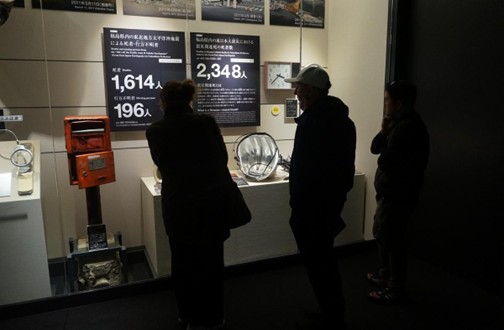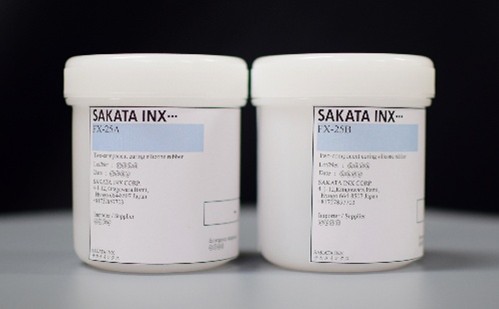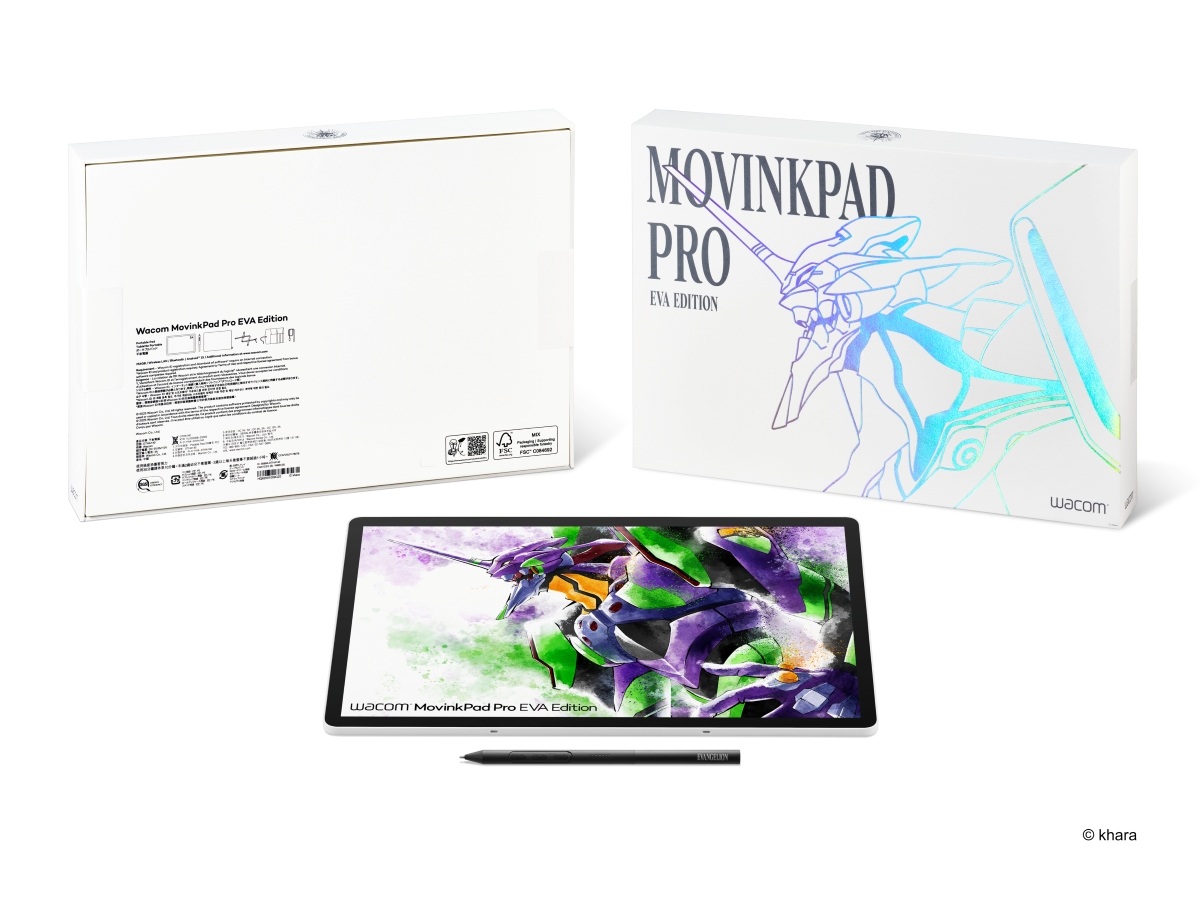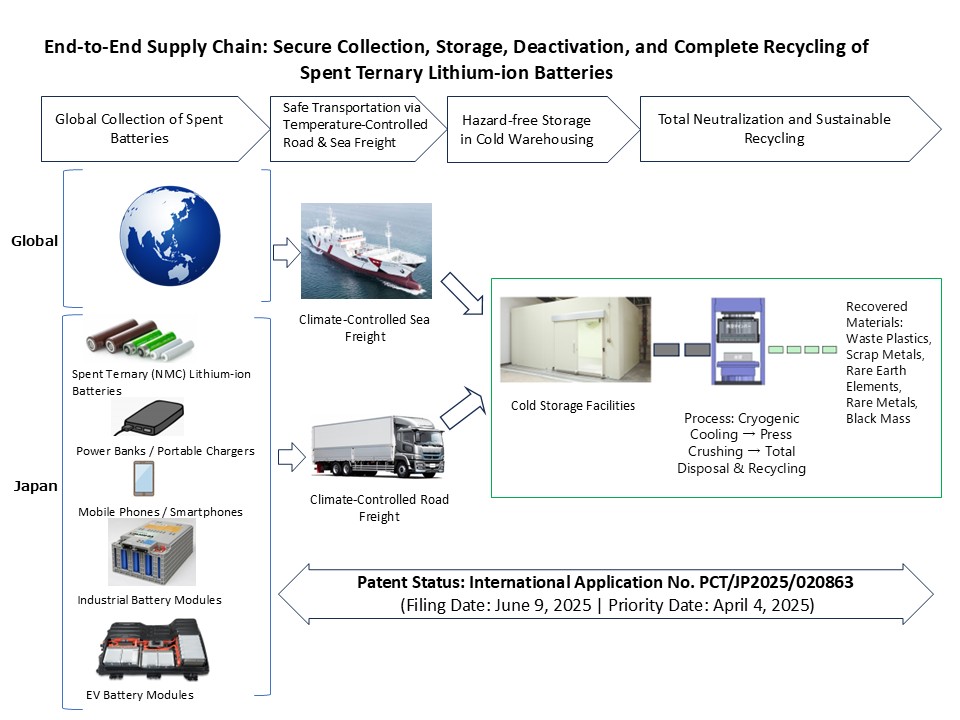Tokyo, February 1, 2021 – Hitachi, Ltd. (TSE: 6501, “Hitachi”) today announced the launch of “Hitachi Industrial Edge Computer CE series Embedded AI model”, that was developed in collaboration with Intel Corporation (“Intel”). The product, an integration of Intel’s AI technology and Hitachi’s highly reliable control system design and manufacturing technologies, is a new model that incorporates an image analysis execution platform using AI and deep learning. Through providing this product, Hitachi contributes to the expansion of digital transformation, such as streamlining and automating tasks that rely on visual checks (the inspection process for finished products in the manufacturing industry) and solving management challenges using on-site data.
![[image]"Hitachi Industrial Edge Computer CE series Embedded AI model"](http://www.hitachi.com/New/cnews/month/2021/02/210201-1.jpg)
“Hitachi Industrial Edge Computer CE series Embedded AI model”
Recently, the manufacturing industry and other industries have needed to urgently respond to intensified competition and increased complexity in the global market. Moreover, companies are facing many challenges, such as the need for the improvement of on-site work efficiency and the development of a new generation of expert workers, so they are implementing a digital transformation using IoT, AI, and other digital technologies. This trend has been accelerating amid the spread of the COVID-19 pandemic, especially with an urgent need for personnel allocation measures to maintain physical distance between workers on site. In order to fulfil these objectives, it is important to automate and conserve the labor used in visual inspections and other conventional inspections that rely on the sensory judgement of expert workers. Yet, in order for companies to enhance their competitiveness, rapid problem solving and decision making are also required by optimizing the entire production tasks and making effective use of management data through the collection, processing, and analysis of data from on-site devices.
Against this backdrop, Hitachi collaborated with Intel and developed “Hitachi Industrial Edge Computer CE series Embedded AI model” as an edge computer that will enable the effective allocation of on-site workers and achieve automation and labor saving. With a built-in image analysis execution platform that uses Intel’s AI and deep learning, the product will allow the easy introduction of solutions using AI functionality on site. For example, by incorporating an application that analyzes images from a variety of cameras installed on site and then determines whether the assembly work is being done correctly according to procedure, the product can reduce the need for manual inspection of finished goods, resulting in labor saving. In addition, data integration and data sharing with existing business systems can be performed on this product, with an application that collects data from a PLC(1) and other on-site devices, images of the on-site environment, and data related to power voltage, vibration, temperature and relative humidity. These enable rapid identification of the affected range in the event of defects, and the detection of environmental changes that may affect the quality of finished goods, contributing to the reduction of loss costs and improvement of the quality of finished goods. Furthermore, the product makes it possible to integrally monitor multiple remote production bases and lines, which is expected to optimize the production activities of companies.
Intel’s OpenVINO™ toolkit is pre-installed on the image analysis execution platform of this product to leverage AI and deep learning. By using a variety of pre-trained models that are optimized via the OpenVINO™ toolkit on the CPU, the detection of objects, estimation of structures, and other solutions using AI functionality that could not be achieved by conventional embedded devices can be easily performed. With its thermal design that encompasses Intel’s Atom® processor’s low power consumption feature and Hitachi’s knowhow gained through the development of Hitachi’s information and control systems, the product achieves a fanless, slitness, and spindleless structure that can also be installed in harsh environments, such as manufacturing sites.
Going forward, Hitachi will continue to collaborate with Intel’s AI technologies and ecosystems, and will offer platform products that enable control using AI. Offering our products supporting Lumada, which is accelerating digital innovation, Hitachi will expand collaborative creation with our partner companies and customers, and will contribute to digital transformation in a wide range of fields across Japan and global.(1)Programmable Logic Controller (PLC): Control unit for a variety of machines in factories that was developed to replace relay logic systems
Statement by Christine Boles, Vice President, Internet of Things Group, General Manager, Industrial Solutions Division, Intel Corporation
“Machine Learning and AI are rapidly moving to edge locations in manufacturing, retail and other industries. Intel based hardware and optimized AI software in solutions such as Hitachi’s Industrial Edge Computers deliver customers the needed AI performance and capabilities on the hardware platforms they know and trust.”
Assumed Examples
![[image]Assumed Examples](http://www.hitachi.com/New/cnews/month/2021/02/210201-2.jpg)
Configuration and Price for “Hitachi Industrial Edge Computer CE series Embedded AI model”
| Name | Configuration | Price |
|---|---|---|
| CE50-10A | Intel Atom® x7-E3950 Processor 8 GB memory (with ECC) Built-in mSATA SSD (64 GB) file x 1 Intel® OpenVINO™ toolkit | Individual quote |
Trademark Acknowledgments
- Intel®, OpenVINO™, and Atom® are trademarks or registered trademarks of Intel Corporation in the United States and/or other countries.
About Hitachi Ltd.
Hitachi, Ltd. (TSE: 6501), headquartered in Tokyo, Japan, is focused on its Social Innovation Business that combines information technology (IT), operational technology (OT) and products. The company’s consolidated revenues for fiscal year 2019 (ended March 31, 2020) totaled 8,767.2 billion yen ($80.4 billion), and it employed approximately 301,000 people worldwide. Hitachi drives digital innovation across five sectors – Mobility, Smart Life, Industry, Energy and IT – through Lumada, Hitachi’s advanced digital solutions, services, and technologies for turning data into insights to drive digital innovation. Its purpose is to deliver solutions that increase social, environmental and economic value for its customers. For more information on Hitachi, please visit the company’s website at https://www.hitachi.com.












Add Comment